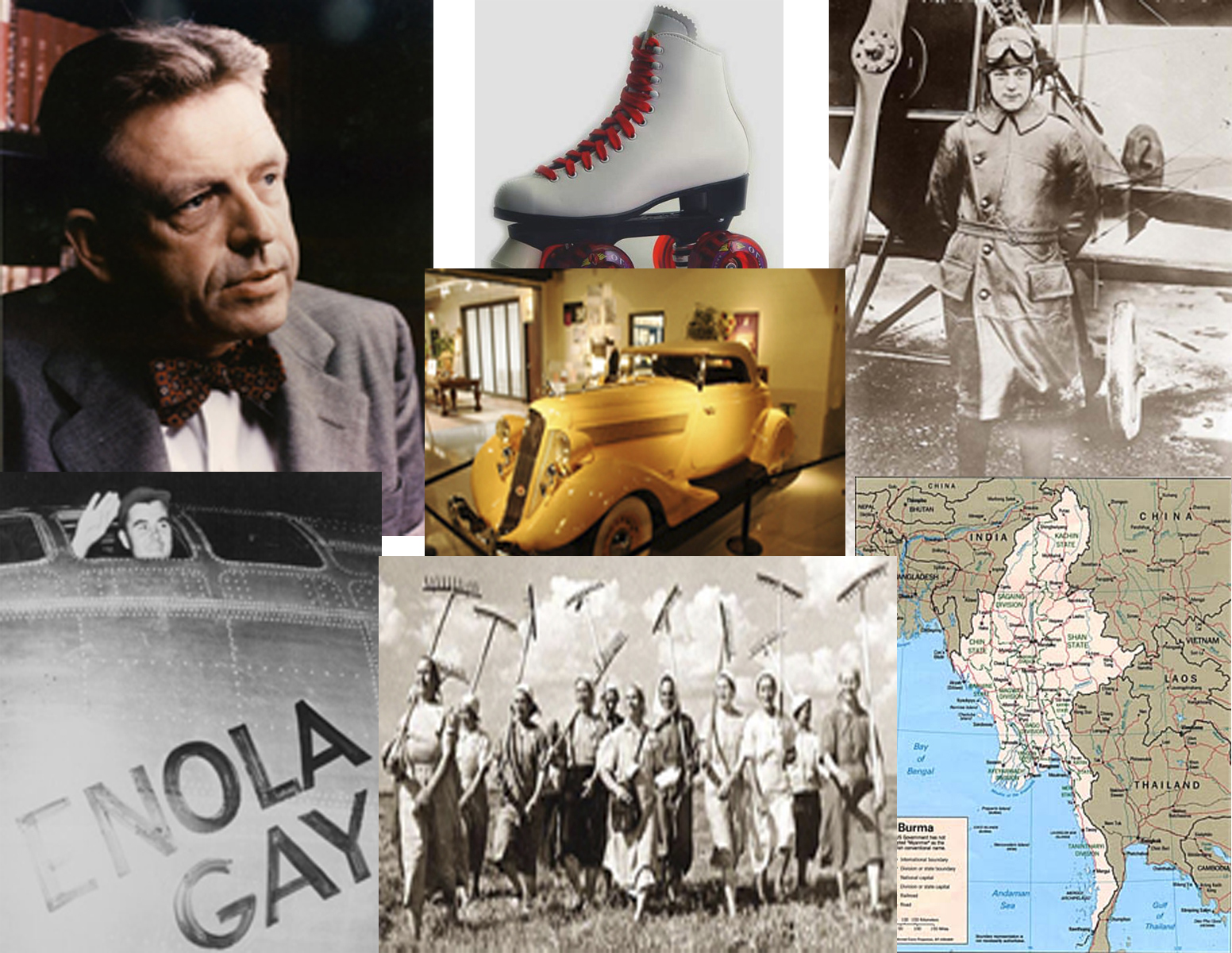Collection context
Summary
- Creator:
- Indiana University Center for the Study of History and Memory
- Abstract:
- The interviews in this collection primarily discuss civil rights issues in Claiborne County, Mississippi. Some topics discussed are Black voter registration, school integration, and freedom of choice. The interviewees' childhoods, including the Great Depression and World War II, are also talked about in the interviews. The interviews were conducted as research for the Ph.D. dissertation Common Courtesy: The Civil Rights Movement in Claiborne County, Mississippi by the interviewer.
- Extent:
- 2 Interviews
- Language:
- Materials are in English .
- Preferred citation:
[interviewee first name last name] interview, by [interviewer first name last name], [interview date(s)], [call number], [project name], Center for Documentary Research and Practice, Indiana University, Bloomington, [page number(s) or tape number and side if no transcript; if digital audio and no transcript, cite time when quote occurs].
Background
- Scope and Content:
This collection contains two interviews conducted in 1992. The interviews are 159 and 153 minutes respectively. Both interviews consist of audio tapes, but are not fully transcribed.
- Acquisition information:
- Oral history interviews conducted by the Indiana University Center for the Study of History and Memory from 1968 to the present, with particular focus on the history of twentieth-century America and the Midwest.
- Physical location:
- Interviews are housed in Franklin Hall, Room 0030A. Contact ohrc@indiana.edu for more information. Copies of interview transcripts are also held by the IU Libraries University Archives. For other locations housing the interviews from this project, please contact the Center for Documentary Research and Practice office.
- Physical facet:
- Audio files, transcripts, and collateral materials
Access
- TERMS OF ACCESS:
-
The archive of the Center for Documentary Research and Practice at Indiana University is open to the use of researchers. Copies of transcript pages are available only when such copies are permitted by the deed of gift. Scholars must honor any restrictions the interviewee placed on the use of the interview. Since some of our earlier (pre-computer) transcripts do not exist in final form, any editing marks in a transcript (deletions, additions, corrections) are to be quoted as marked. Audio files may not be copied for patrons unless the deed of gift permits it, and a transcript is unavailable for that interview. The same rules of use that apply to a transcript apply to the audio interview. Interviews may not be reproduced in full for any public use, but excerpted quotes may be used as long as researchers fully cite the data in their research, including accession number, interview date, interviewee's and interviewer's name, and page(s).
- PREFERRED CITATION:
-
[interviewee first name last name] interview, by [interviewer first name last name], [interview date(s)], [call number], [project name], Center for Documentary Research and Practice, Indiana University, Bloomington, [page number(s) or tape number and side if no transcript; if digital audio and no transcript, cite time when quote occurs].
- CAMPUS:
- Indiana University Bloomington
- LOCATION OF THIS COLLECTION:
-
Franklin Hall 0030B601 East Kirkwood AvenueBloomington, Indiana 47405, United States
- CAMPUS:
- Indiana University Bloomington
- CONTACT:
-
812-855-2856ohrc@indiana.edu

